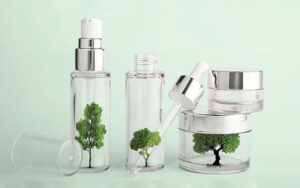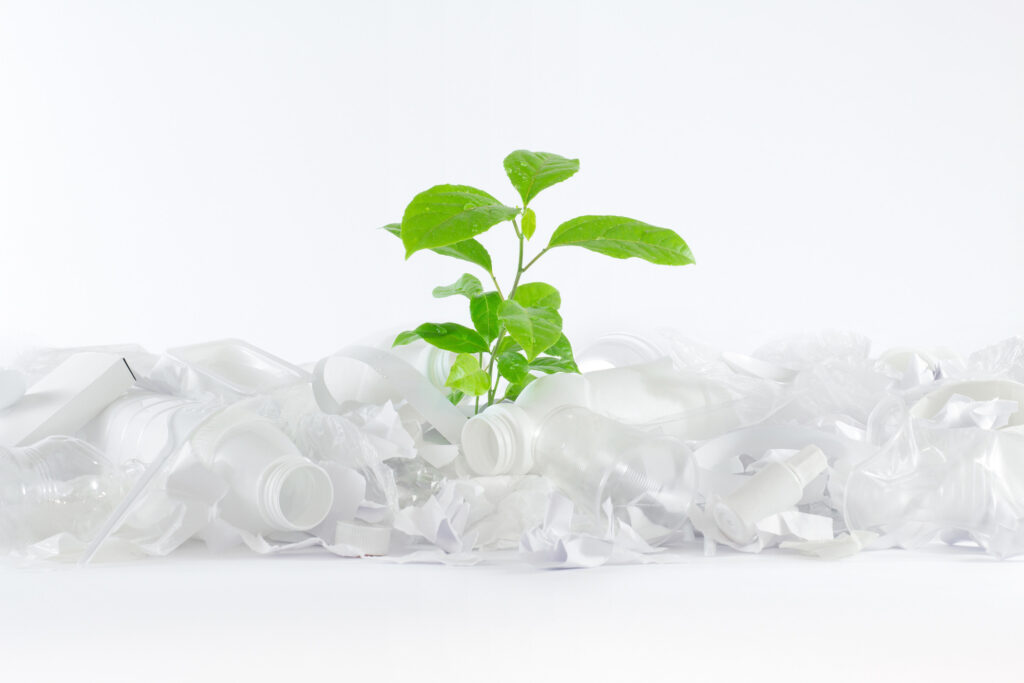Plastic. One of the most used materials of all time. The widespread use of plastic began in the early 20th century, marking a revolutionary shift in material culture. .Plastics gained popularity due to their versatility, durability, and cost-effectiveness. The production of plastics escalated quickly during World War two as a result of production of military equipment and scarcity of traditional materials.  Initially celebrated for its convenience and adaptability, the unintended environmental consequences of plastic have since emerged as a significant global concern. Globally, the popular opinion went from adoration to hatred regarding plastic, in a matter of a few decades. We have come to the realisation that as efficient as this material is for humans , it is incredibly detrimental for the planet. Thus, we collectively came up with ways of combating the damage we have done. Nowadays, there are a plethora of alternatives for plastic, that we can incorporate into our daily lives. Yet, it still does not seem to be enough. Perhaps we need to reanalyse the problem instead of ignoring it. Perhaps we need to start being ecstatic about plastic again. I know, that sounds rather contradictory to all the downsides plastic is known for, but maybe, if we were to find ways of reutilising the already existing plastic, there would be no need for getting rid of it. Some ways in which we could make plastic resonate with the environmental movement would be choosing durable products, using recycled plastics, or the easiest method in my opinion, upcycling and repurposing. I remember seeing a really ingenious idea a few weeks ago, which implied turning bottles into pots for a vertical , hanging garden.
Initially celebrated for its convenience and adaptability, the unintended environmental consequences of plastic have since emerged as a significant global concern. Globally, the popular opinion went from adoration to hatred regarding plastic, in a matter of a few decades. We have come to the realisation that as efficient as this material is for humans , it is incredibly detrimental for the planet. Thus, we collectively came up with ways of combating the damage we have done. Nowadays, there are a plethora of alternatives for plastic, that we can incorporate into our daily lives. Yet, it still does not seem to be enough. Perhaps we need to reanalyse the problem instead of ignoring it. Perhaps we need to start being ecstatic about plastic again. I know, that sounds rather contradictory to all the downsides plastic is known for, but maybe, if we were to find ways of reutilising the already existing plastic, there would be no need for getting rid of it. Some ways in which we could make plastic resonate with the environmental movement would be choosing durable products, using recycled plastics, or the easiest method in my opinion, upcycling and repurposing. I remember seeing a really ingenious idea a few weeks ago, which implied turning bottles into pots for a vertical , hanging garden.
To conclude, I find it that since we have such a long and tumultuous relationship with plastic, we should keep striving to find ways of efficiently, wisely and non-wastefully encapsulating it into our daily habits.
Sources:
Fig1: www.trendhunter.com- Sustainable Skincare Bottles
Fig2: www.packageintegrity.com
Qi, Y. et al. (2018) Macro- and micro- plastics in soil-plant system: Effects of plastic mulch film residues on wheat (Triticum aestivum) growth. The Science of the total environment. [Online] 6451048–1056.
Bucci, K. et al. (2020) What is known and unknown about the effects of plastic pollution: A meta-analysis and systematic review. Ecological applications. [Online] 30 (2), 1–16.
Greene, J. P. (2014) Sustainable plastics : environmental assessments of biobased, biodegradable, and recycled plastics / Joseph P. Greene. Hoboken, New Jersey: John Wiley and Sons, Inc.




